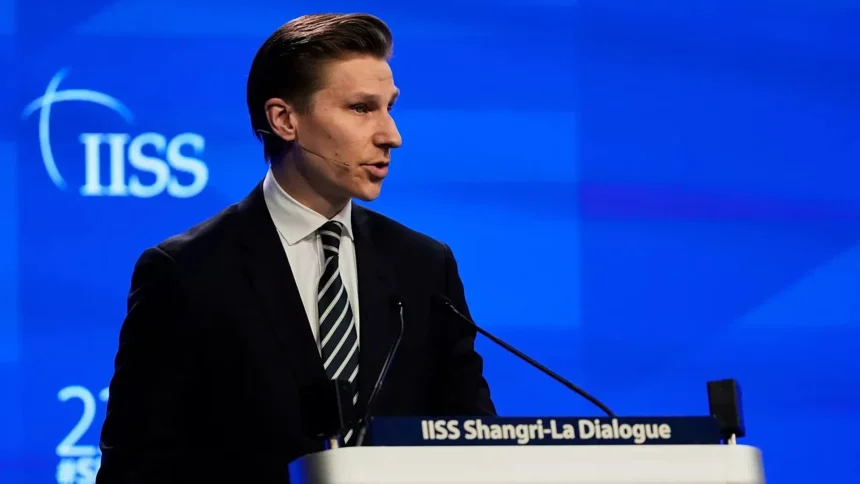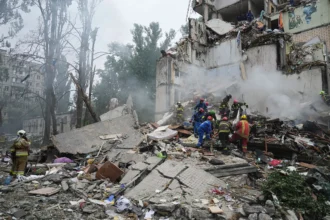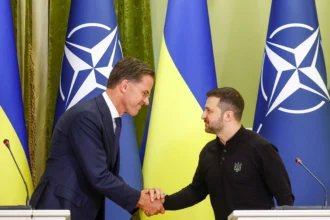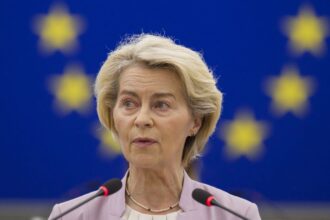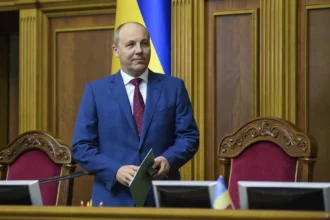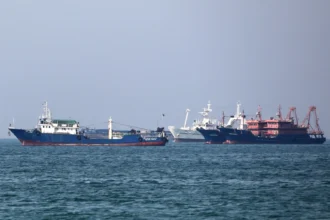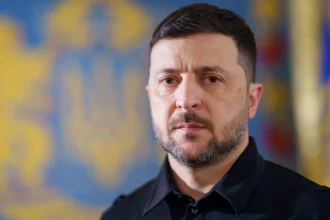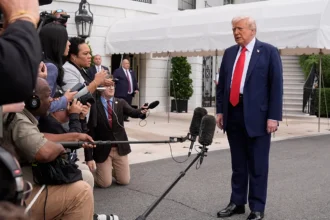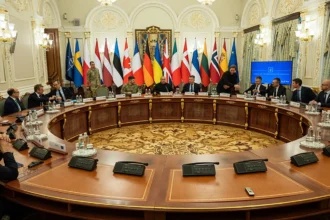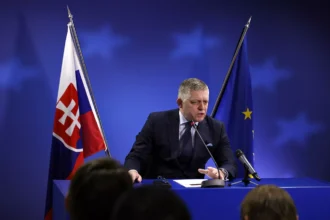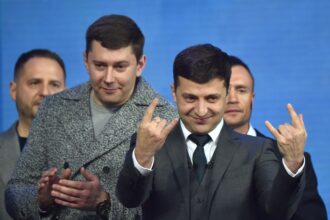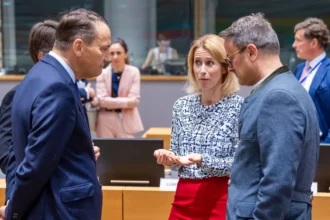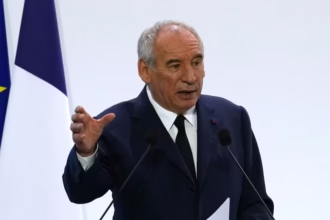Europe faces an urgent need to strengthen its defence posture, according to Finland’s Defence Minister, who emphasized that rising geopolitical tensions and regional instability require swift and coordinated action by European nations. The warning comes amid a rapidly shifting security landscape in Eastern Europe, the Baltic region, and beyond.
Finland’s Perspective on European Security
Finland, which shares a long border with Russia, has historically maintained a cautious but vigilant approach to defence. Following its NATO membership in 2023, Finland has become an integral part of the alliance’s northern flank, contributing both strategic expertise and modern military capabilities.
In a recent address to international media, Finland’s Defence Minister highlighted that Europe must adopt a proactive, rather than reactive, defence strategy. “We can no longer wait for crises to escalate before acting,” the minister stated. “Europe needs a clear sense of urgency when it comes to defence planning, investment, and interoperability.”
Key Drivers of the Urgency
Several factors have fueled Finland’s call for rapid defence action:
- Russian Military Aggression – Ongoing tensions in Ukraine and Russia’s increased military activity along its borders with Europe underscore the need for credible deterrence.
- Technological Modernization – The rise of cyber warfare, drone attacks, and AI-driven weapons systems requires European militaries to modernize quickly.
- Strategic Gaps – Differences in defence spending, military readiness, and equipment modernization across European nations create vulnerabilities that adversaries could exploit.
The Finnish minister emphasized that while NATO provides a collective security umbrella, national preparedness remains critical, especially for frontline states bordering potential conflict zones.
Defence Spending and Capability Gaps
Despite commitments under NATO guidelines, European defence spending remains uneven. Countries such as Germany and France have invested heavily in modernization programs, while others struggle to meet minimum spending targets. The minister warned that without synchronized investment in air defence, cyber capabilities, and rapid response forces, Europe risks strategic disadvantage.
Finland’s Role in European Defence
Since joining NATO, Finland has actively participated in alliance exercises and contributed intelligence and technological expertise. The country has also upgraded its military equipment, including air defence systems, naval assets, and high-mobility artillery, to ensure it can operate effectively alongside NATO partners.
The minister noted that Finland’s experience demonstrates the importance of strategic foresight and preparedness, which European countries must now adopt more broadly.
Calls for Greater Coordination
Europe’s fragmented defence landscape requires enhanced coordination at multiple levels:
- Operational Integration – Joint training exercises, interoperability standards, and shared command structures are essential to a rapid and cohesive response.
- Strategic Planning – Coordinated investment in emerging technologies such as cyber warfare, artificial intelligence, and drone defense can offset potential vulnerabilities.
- Political Will – Governments must act decisively to allocate resources and implement policies that ensure long-term security.
“Defence is not just about equipment—it is about readiness, resilience, and the ability to act decisively in times of crisis,” the Finnish minister emphasized.
Regional Implications
Finland’s call for urgency resonates strongly across the Baltic and Northern Europe, where countries remain wary of potential aggression from larger powers. Enhanced defence cooperation could bolster deterrence, reassure NATO allies, and contribute to broader regional stability.
At the same time, Europe must balance defence investments with other pressing priorities, including economic growth, climate adaptation, and humanitarian concerns. The minister argued that security and prosperity are intertwined: without credible defence, economic and political stability are at risk.
Conclusion
Finland’s Defence Minister’s warning serves as a stark reminder that European security cannot be taken for granted. Rising geopolitical tensions, technological shifts, and uneven preparedness demand that European nations act with urgency, invest strategically, and coordinate effectively.
As Europe faces an unpredictable security environment, the message is clear: the time for complacency is over. Ensuring credible, modern, and coordinated defence capabilities is not optional—it is essential for the continent’s future stability and resilience.

